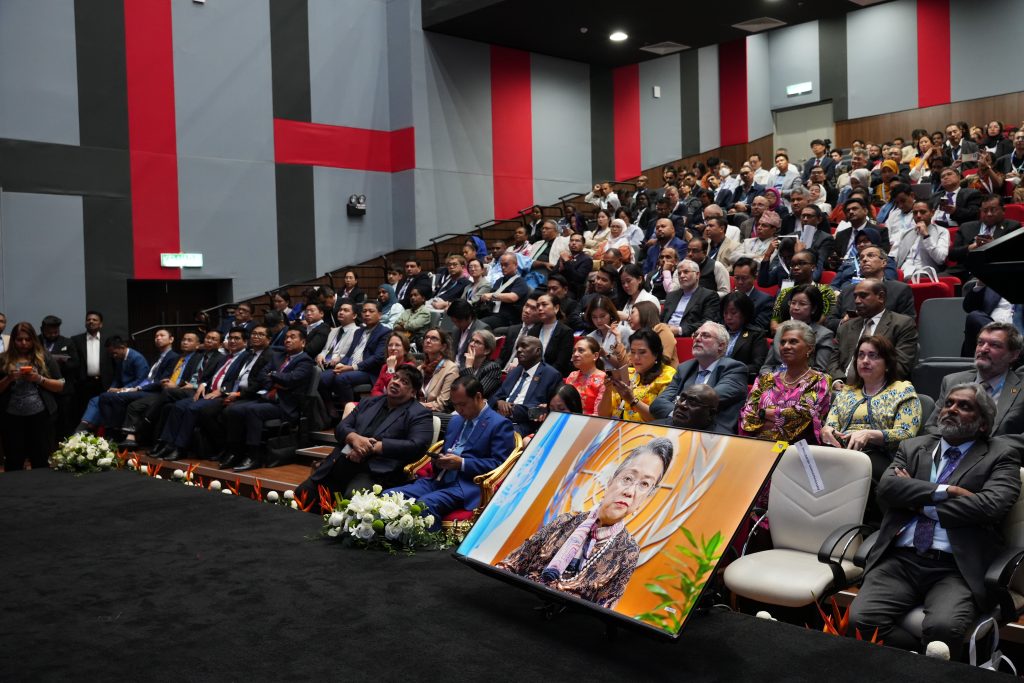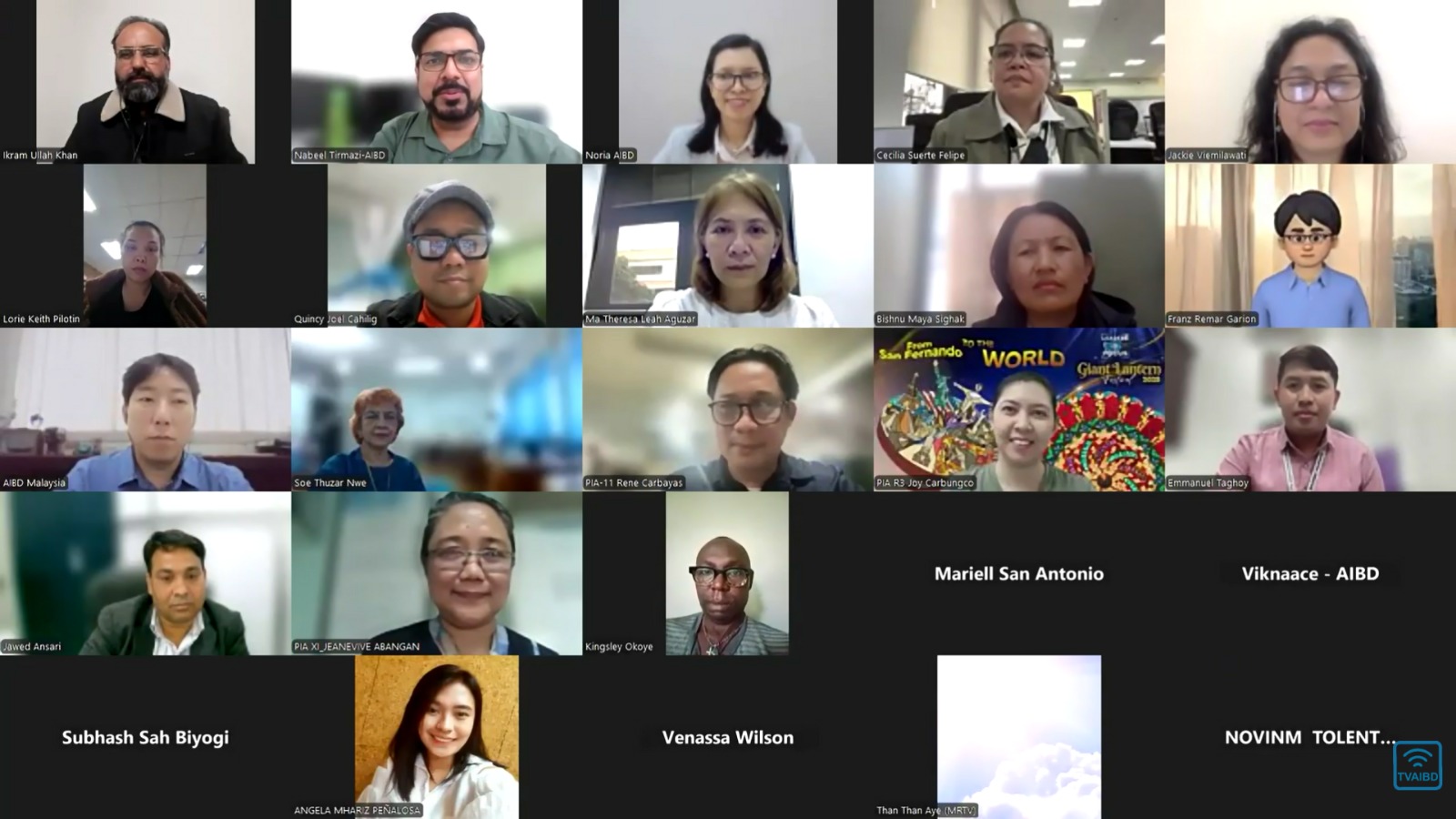
Two key solutions on A.I have been adopted at UNGA
By Monica Phang, Progrramme Manager, AIBD
The United Nations General Assembly (UNGA) has adopted two key solutions on Artificial Intelligence (AI) which has made rapid inroads to digital media industry.
These two resolutions are enhancing international cooperation on capacity- building of AI and the other on seizing the opportunities of safe, secure and trustworthy AI systems for sustainable development.
Under-Secretary-General, United Nations and Executive Secretary (UN-ESCAP), H.E Armida Salsiah Alisjahbana says both recognize the potential benefits that AI can bring to sustainable development around the world, yet both also acknowledge the potential damage that it can cause, if left unmanaged.

These two resolutions will hopefully serve as preliminary road-maps for governments and civil society on how best to harness this new tool. And confident that the media – ever adaptive and resilient – will find a way to ensure that AI is employed in constructive ways.
Delivering her special remarks at the 19th AMS 2024 inauguration on 3rd September 2024, she discloses that UN-ESCAP, is convening a ministerial conference on digital inclusion and transformation, hosted by the Government of Kazakhstan in Astana. The conference, will address three key ideas which dovetail with the on-going the 19th AMS in Kuala Lumpur, Malaysia.

Hence, the Asia and the Pacific region, heart of digital innovations, has emerged as a hub for digital innovations, which presents an unparalleled opportunity to accelerate digital inclusion and transformation for sustainable development and shared prosperity.
“how do we take advantage of this opportunity to better our societies, economies and environments — be it industrialization, urbanization, public service delivery, aging, climate change and disaster risk reduction — while also mindful of the potential hazards these changes may bring”, she mentioned that in her video message.
Next is innovative, breakthrough solutions in bridging the digital divide are central to advancing the opportunities for sustainable development and mitigating the risks that exacerbate digital disparities. Innovations that bridge this digital divide will require holistic policies that mobilize investments at scale in new infrastructure, skills and lifelong learning across all sectors and disciplines.
She noted that 96% of Asia and the Pacific live in areas covered by mobile broadband networks but just one-third productively use internet services and up to 40% lack basic digital skills.
These gaps in meaningful access are due to :
digital divides that run along the fault lines of gender, age, geography, income and education. As these differences often manifest concurrently, the cascading effects of marginalization, income poverty and inequalities transmit persistently from generation to generation.
Finally, the common challenges facing the countries of Asia and the Pacific require collaborative digital solutions grounded in regional cooperation which is essential for building an inclusive and sustainable digital future for the APAC region.






